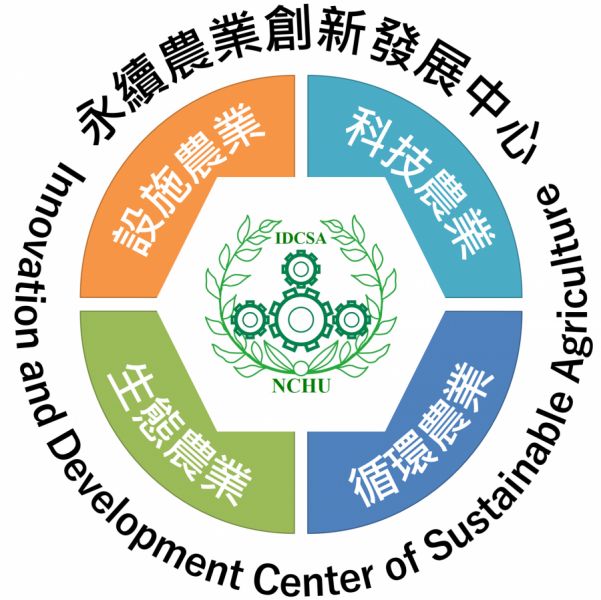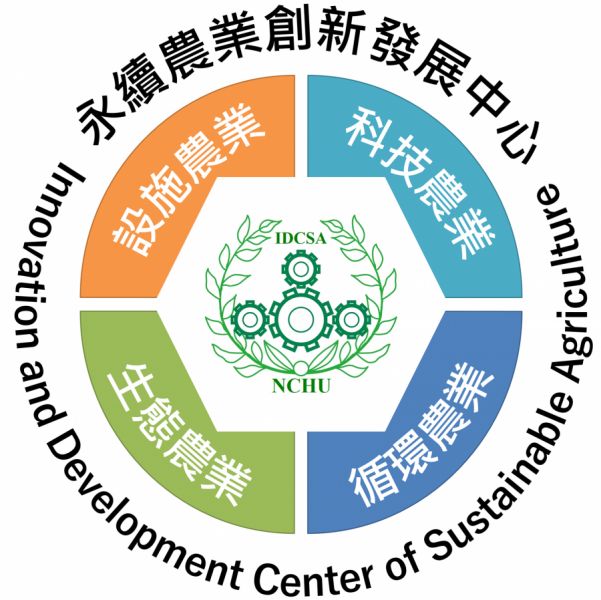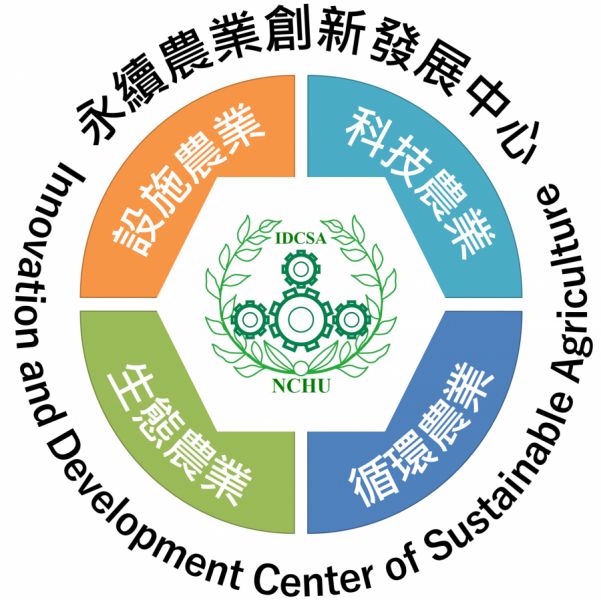- Application of novel materials on pathogenic microorganisms:
Different types of nano zinc oxide (nZnO), provided from sub-project investigator professor Han-Yu Hsueh, were used to analyze the antimicrobial effect on several types of plant pathogens. The results demonstrated that 3D nZnO has a better inhibitory effect on the soil-borne fungal pathogens. The inhibition mechanism was determined by scanning electron microscope. The research results were published on Journal of Cleaner Production. We also developed a platform for high throughput screening of microorganisms for chemical sensitivity. The platform will be applied for examining the sensitivity of various pathogens to novel materials. - Assessment of the beneficial effects of novel materials:
To evaluate the plant growth effects of novel materials, a variety of novel materials were used to examine their effects on plant cultivation. The microbes and nanomaterials were applied for assessing beneficial effects on Chinese cabbage. Application of microbes BM02 on Chinese cabbage seedlings demonstrated beneficial effects on controlling Fusarium yellows. The molecular mechanisms of the mode of actions were analyzed. In the field experiment, various novel materials were applied during Chinese cabbage cultivation under different stresses. There were some beneficial effects of novel materials but not significant. Therefore, different combinations of novel materials will be applied for future experiments. Additionally, a platform of Arabidopsis thaliana will be developed for assessing the effects of novel materials on plants.
Development of Microbial Control Agent, Probiotic BM103
Prof. Jenn-Wen Huang developed probiotic BM103 that improved the resistance of strawberry against wilt. This unique innovation attracts worldwide attention and receive an 2020 Executive Yuan Outstanding Science and Technology Contribution Award.

Figure. Research Acheivements(Subproject 5)
Figure.2020 Executive Yuan Outstanding Science and Technology Contribution Award




